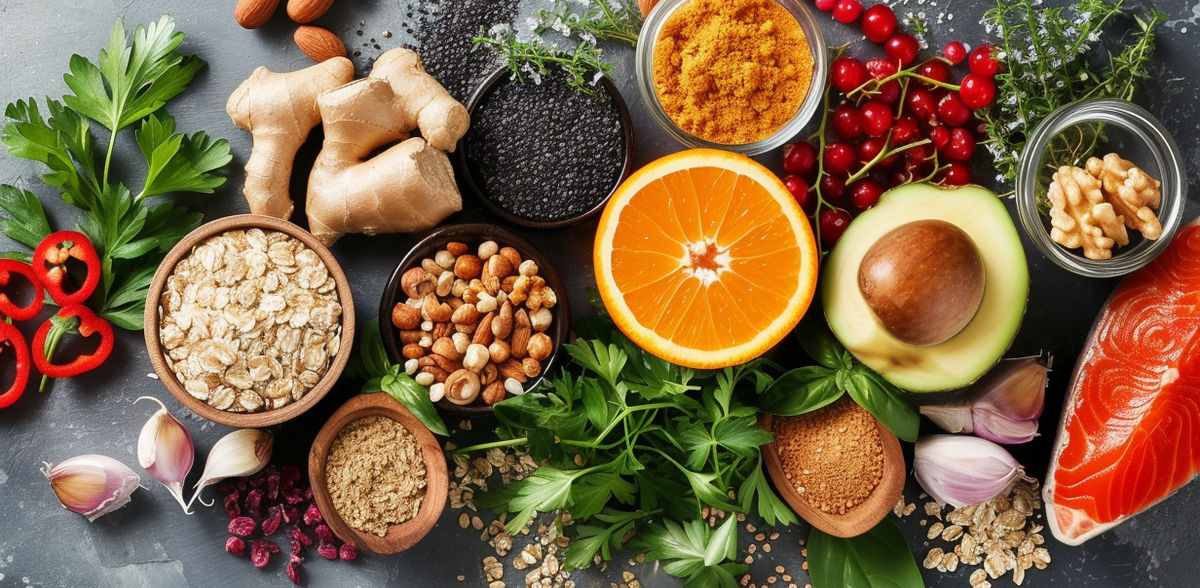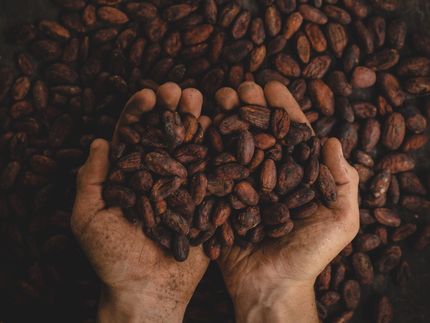Ingredients Trends Take the Spotlight in 2024
Explore the latest ingredient trends, including popular claims and consumer preferences
Advertisement
In the fall of each year, Innova Market Insights releases its Top 10 Trends for the coming year. These food and beverage trends are built on a foundation of global influences, consumer trends, and food and beverage trends, including trends in food ingredients. In 2024, the number one trend, Ingredients: Taking the Spotlight, focuses on the importance of food ingredients to food and beverage marketing and success.
Ingredients Are a Defining Choice Factor
The number one trend – Ingredients: Taking the Spotlight – demonstrates how consumer trends, attitudes, and behaviors toward specific food ingredients and other issues call attention to a product’s key elements. One example of ingredient trends reveals that the most important elements are healthy ingredients. Sustainability also is a key area of consumer interest so sustainable ingredients may take the spotlight. Sometimes ingredient trends are highlighted because they are local, natural, or produced responsibly.
Nutritional Ingredients Are in the Spotlight
Current ingredient trends indicate that nutritional ingredients are in the spotlight. Consumer trends show that nutritional value and balanced nutrition, along with naturalness, are among the most important aspects when it comes to ingredients in healthy food and beverages. New ingredient trends reveal the average consumer also is interested in the macronutrient ingredients, such as protein ingredients and fiber ingredients, and micronutrient ingredients – vitamins, minerals, omega-3s are the most important – in food and beverage products. Vitamins are the most important nutritional ingredient to consumers, closely followed by ingredients in the protein market. Consumers accept functional nutritional ingredients and say that they are important, although they are somewhat less important than the traditional vitamins, minerals, and protein.
Protein Has Nutritional Star Quality
Protein remains very important to consumers. In some regions, namely North America and Latin America, consumers say that protein ingredients are more important than vitamin ingredients. By generation, younger consumers are most likely to say that protein ingredients are important. Consumers look for energy, stamina, and weight control as top benefits from eating protein ingredients.
Manufacturers are responding. In 2022-2023, just over 6% of all new food and beverage products carried a high in protein or source of protein claim, up from 5.5% in 2019-2020. Food package labels are calling out protein ingredients in sports nutrition and mainstream food and beverage categories.
Consumers prefer to get protein from natural protein food sources such as meat and eggs. They also see a role for foods with added protein, with over one-third of consumers saying they use foods and beverages that are fortified with protein. Protein bars and bakery are the two most popular types of fortified products. However, growth is fastest in products with plant-based protein ingredients.
Natural Ingredients Are in the Spotlight
This year’s ingredient trends prove to be multifaceted. Consumer trends also show that a majority of consumers believe that natural foods have the nutrients needed for a healthy diet. They may be open to foods and beverages that are made with natural ingredients and call out the natural ingredients in their labeling and on-pack promotion.
Many natural ingredients with specific health benefits stand out in today’s food and beverage marketplace. Healthy mushrooms with adaptogen qualities stand out and functional ingredients such as lion’s mane and reishi have double-digit growth in new product launches. Seaweed ingredients are growing in use, as are ashwagandha and other adaptogenic herbs.
Food and beverage packaging increasingly is calling out natural and functional ingredients to capture consumer attention. More mainstream nutrients such as vitamins and minerals also are being promoted in a bold way with front-of-pack messaging.
Storytelling Can Help Promote Food Ingredients
Companies can use storytelling about ingredients to attract consumers and build consumer confidence and loyalty into food and beverage brands. On-pack labels and company websites are ideal locations for ingredient stories. Stories about sustainability and responsible sourcing of ingredients can attract and impact consumers in a positive way. Local production also resonates with consumers, ranking second after freshness for consumer willingness to pay more. Sustainability ranks fourth.
Manufacturers can also use storytelling to call out flavors and flavoring ingredients, and also new protein ingredients such as the sweet protein brazzein.
Consumer Trends Call for Honesty
Ingredients are in the spotlight because today’s consumer is more knowledgeable and demanding about ingredients. Consumer trends reveal that the most important value to be considered by product developers in the food and beverage market to consumers is on-pack messaging. Consumers named honesty and transparency in ingredients as the most important value, including regarding sourcing of raw materials and efforts to minimize environmental impact. Also, one-third of consumers say they always check for ingredients of interest on a product label. They are most interested in food ingredients and drink ingredients that are related to health and sustainability.
What’s Next – Ingredient Choices and Stories Can Elevate Products
This number one trend – Taking the Spotlight – relates to other Top 10 Trends for 2024. Selection of ingredients is essential for creating products that are natural, functional, plant-based, local, and indulgent.
Consumers want to learn more about health, food, and nutrition. On-pack health information plus details on well-known and less familiar ingredients can help boost consumer familiarity and understanding.
Digital sources of food information and inspiration will become more widely used, especially among the younger generations, namely Gen Z and Millennials. Media influencers can help promote new ingredients and inform consumers regarding their use.






































































